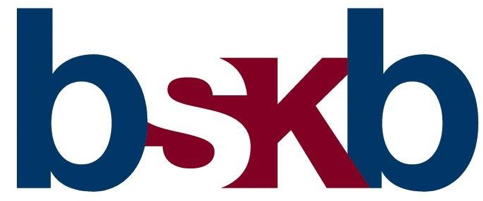Marc Weiner has practiced intellectual property law for over 30 years. Mr. Weiner represents large international corporations including several Global 500 companies, various sized companies and universities. Mr. Weiner has extensive experience advising clients regarding management of their worldwide patent portfolios including preparation and prosecution of patent applications. He specializes in the fields of chemistry (organic, inorganic, polymers, pharmaceutical chemistry, materials science including steel, alloys, mining and semiconductors), biotechnology, mechanical and “mechatronics” patents.
In addition, Mr. Weiner counsels clients with respect to freedom to operate issues, validity and infringement opinions and post grant proceedings before the USPTO. Mr. Weiner routinely lectures to both clients and professional organizations around the world concerning U.S. patent statutory and case law developments. Mr. Weiner currently serves as the editor of the firm’s IP Update e-newsletter.
Mr. Weiner has a Bachelor of Science degree in chemical engineering from the Rutgers University College of Engineering (with Honors), a Bachelor of Arts degree in biological sciences from Rutgers College, a master’s degree in biotechnology from Johns Hopkins University, and a Juris Doctorate degree from the National Law Center, the George Washington University.

